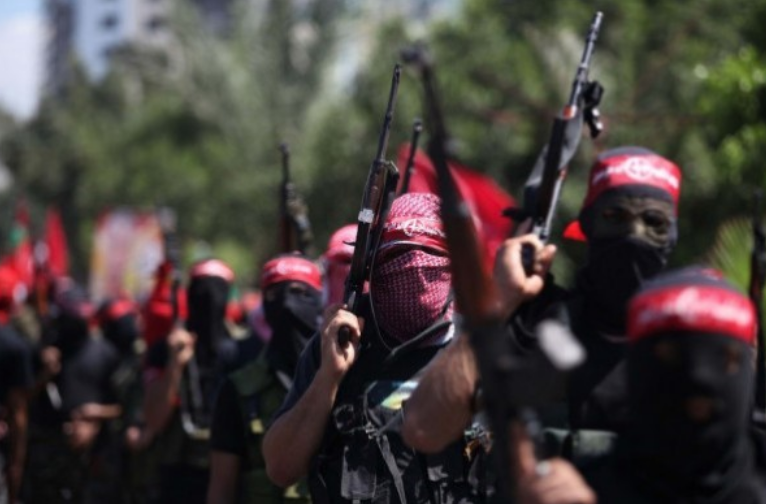
Twenty-four years since the martyrdom of the moon of martyrs, comrade leader, Secretary-General “Abu Ali Mustafa”
“Our pledge is an eternal vengeance that shall never fade.”
—
Below is a summarized translation of the text on the video:
Comrade Abu Ali Mustafa, known as the “Moon of Martyrs,” was born in Arraba, district of Jenin, Palestine, on May 15, 1938. Two years after the Nakba, in 1950, he moved to Amman, Jordan, living with his sister while continuing his studies and working in neighborhoods near the Al-Wehdat camp. During his stay, he joined the Arab Cultural Club, a hub for youth of the Arab Nationalist Movement, and in 1955 formally became a member, meeting key leaders George Habash and Wadie Haddad. He actively participated in political, organizational, and field activities, resisting attempts to impose the Baghdad Pact on the Arab East, which ultimately failed due to the struggle of nationalist forces.
In April 1957, he was arrested following the declaration of martial law in Jordan and the banning of political parties, along with other movement activists. Released briefly, he was re-arrested less than a month later, and later sentenced to five years in the desert prison of al-Jafr. There, alongside Palestinian and Jordanian nationalists, including Wadie Haddad, he gained political knowledge and militant experience that prepared him for leadership roles in the Palestinian-Jordanian branch of the Arab Nationalist Movement.
In 1963, shortly after his release, he met his lifelong companion and comrade in struggle, Umm Hani, marrying her on July 23, 1964, in homage to Gamal Abdel Nasser. In 1965, he attended a secret military course at the Inshas Military Academy in Egypt to graduate as a fedayeen officer. Returning to Palestine, he organized fedayeen groups and joined the leadership of Special Operations in the Palestinian branch of the Arab Nationalist Movement.
After the June 1967 defeat, he and his comrades coordinated with George Habash to revive the struggle, participating in the foundation of the Popular Front for the Liberation of Palestine (PFLP) and heading the provisional leadership responsible for training cadres and supplying weapons to the occupied territories.
In September 1999, he returned to Palestine under the decision of the PFLP Political Bureau, touring the West Bank and Gaza, visiting families of martyrs and prisoners, and taking on leadership work at both the national and party levels. He raised his immortal slogan, “We have returned to resist, not to compromise on the principles,” and was received with widespread public admiration.
In 2000, he was elected Secretary-General of the PFLP following George Habash’s voluntary resignation from central leadership. As Secretary-General, he revitalized the party, leading by example, and played a central role in the Second Intifada starting September 28, 2000, engaging fully as both a national leader and field participant. Until his death, he focused on the steadfastness and continuity of the Intifada and addressing its challenges.
Abu Ali Mustafa was assassinated on Monday, August 27, 2001, in a cowardly “israeli” operation targeting his life, marking him as the first top-tier leader to be assassinated in the Second Intifada. The PFLP, shaken by his martyrdom, elected Ahmed Saadat as Secretary-General, who vowed to avenge Abu Ali Mustafa with the slogan, “An eye for an eye, a tooth for a tooth, a head for a head.” This commitment was fulfilled with retaliatory actions, including the assassination of the zionist war criminal and minister Rehavam Ze’evi at the Regency Hotel in occupied Al-Quds, carrying out the people’s justice against the occupation’s crimes.
Abu Ali Mustafa’s life exemplified relentless dedication to the Palestinian cause, Arab nationalism, and internationalist solidarity, leaving a legacy of leadership, sacrifice, and unyielding struggle for justice.